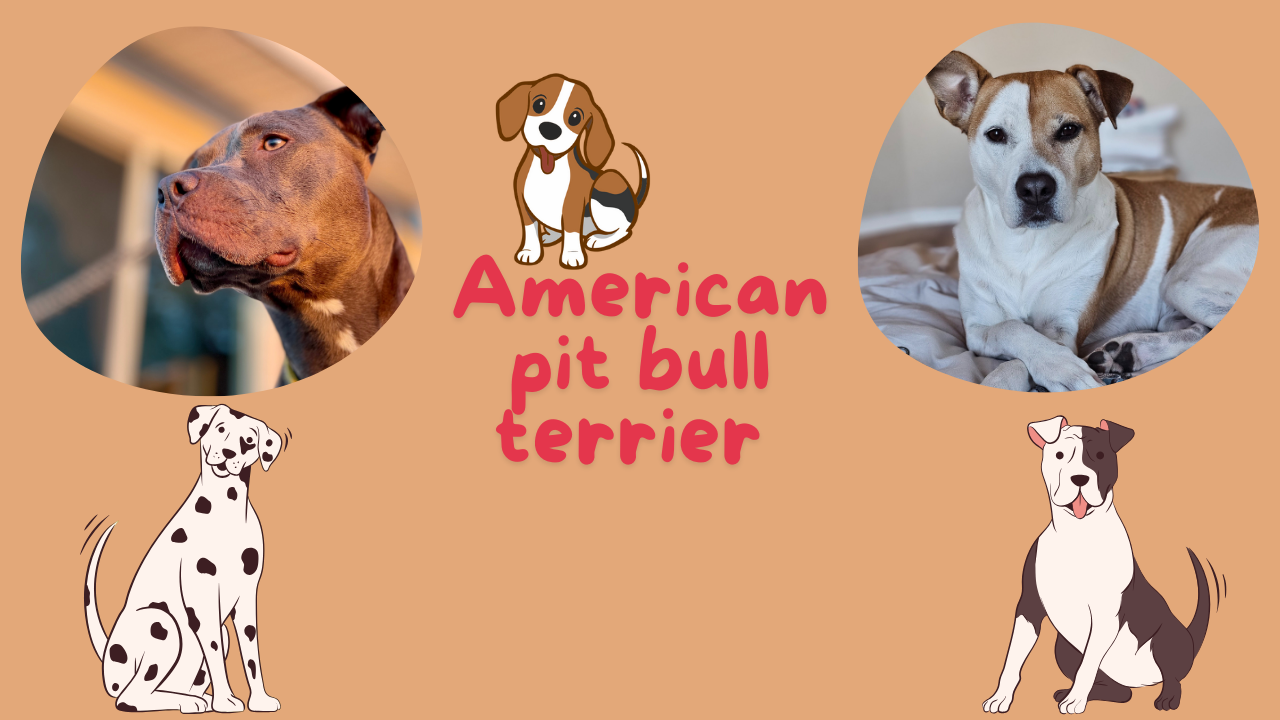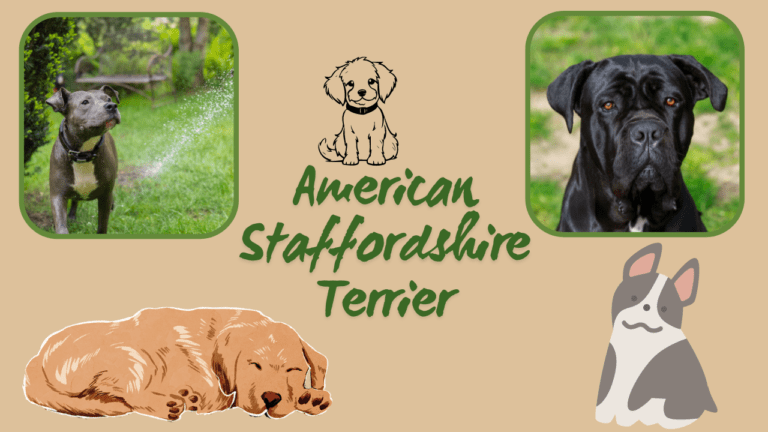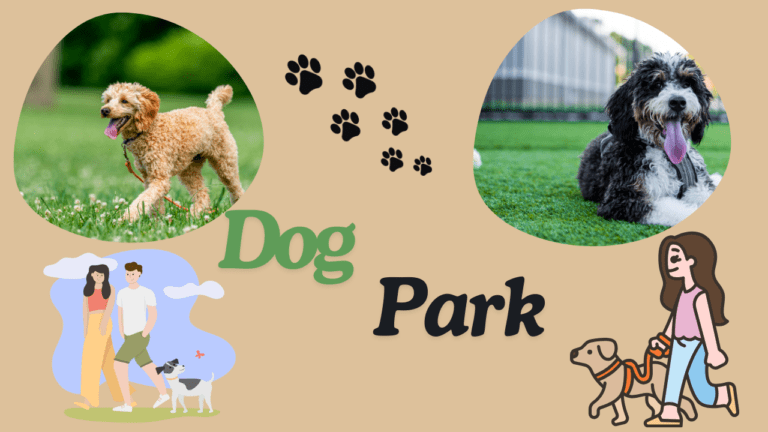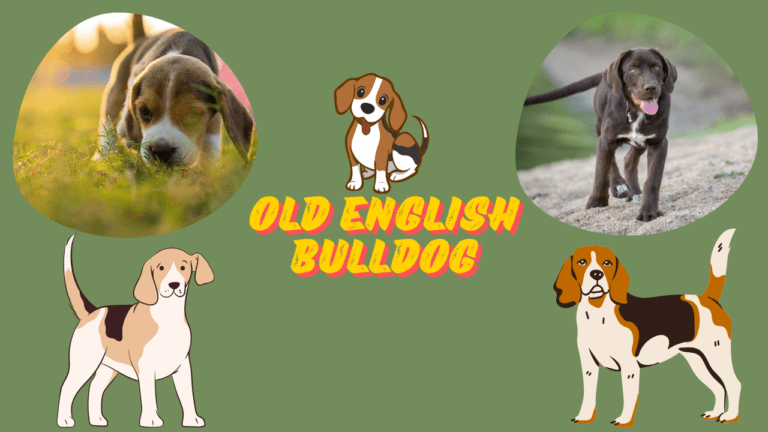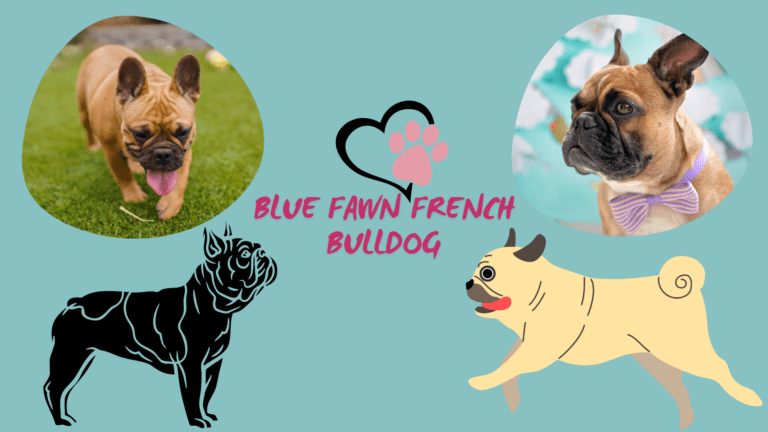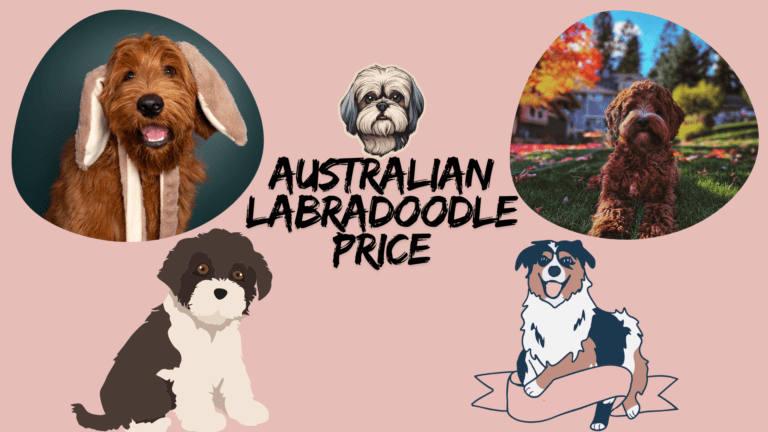American Pit Bull Terrier: Everything You Need to Know About This Strong and Loving Breed
The American Pit Bull Terrier is undoubtedly a dog breed that has caused and continues to cause heated debates, admiration, and misunderstanding throughout its history. Known for its strong physique and loyal, affectionate nature, this breed has a special place in the world of dog lovers. The American Pit Bull Terrier is often regarded as a devoted family companion but, due to past involvement with illegal dog fighting, has faced unfair stigmatization.
While most people associate this breed with aggression, responsible owners and breeders know that, if trained and socialized properly, the American Pit Bull Terrier is one of the most loving, intelligent, and obedient dogs around. Below are the history, temperament, needs, and everything you want to know about this majestic creature.
History of the American Pit Bull Terrier
The American Pit Bull Terrier originated in England in the early 19th century through bulldogger breeders crossing bulldogs with terriers. A strong, agile dog that excelled in bull baiting, a sport so popular though brutal, many bloodspots proliferated through this sport. When bull-baiting was outlawed in 1835, several breeds, including the American Pit Bull Terrier, were redirected toward ratting and illegal dog fighting. While many working dogs were used for these activities, the American Pit Bull Terrier’s unique blend of strength and agility made it particularly favored in these brutal arenas compared to other breeds.
When brought to America by these immigrants, they took on forms and personalities that give us the dog we know today. Some were bred for work and fighting for the venue of dog fighting pits; others were raised as farm dogs, hunting dogs, and family companions. Their roles continued to evolve in America. So much so that by the late 19th to early 20th century, they are known as the “nanny dog” for their lovable nature with children.
Sadly, though, poor publicity has resulted in this breed being stereotyped and typecast as a breed associated with criminal activity. On the other hand, though, American Pit Bull Terriers also have a heritage which is also notable for loyalty, bravery, and versatility.
Physical Characteristics
The American Pit Bull Terrier is a medium-sized, muscular dog, similar to other terrier breeds, but it stands out for its impressive muscle mass and defined physique, giving it a more powerful appearance compared to many other dogs of similar size. The male has an average of 35 to 60 pounds of weight, and the female is slightly smaller with 30 to 50 pounds. Although they look sturdy and muscular, APBTs are agile and full of energy and can develop into talented athletes.
- Coat and Colors:
The breed will possess a short, stiff coat that is easy to groom and maintain. The coat can be in any color: black, white, blue, red, brindled, or any mix of patterning that includes these colors. This makes the breed visually stunning in diversity. - Lifespan:
American Pit Bull Terriers commonly live between 12 to 16 years. Like any other breed, the lifespans would really depend on genetics, diet, exercise, and general care.
Temperament and Behavior
The temperament of the American Pit Bull Terrier has been one of the most misinterpretable features within this breed. Many people commonly call the APBT aggressive, violent, or even savage; however, this could not be further from the truth. APBTs are highly intelligent with a strong sense of loyalty and affection toward their family. They love to please and can be trained obediently.
- Friendly and Social:
American Pit Bull Terriers are basically friendly dogs. They get along with kids, and in some cases, make good babysitters. Of course, they would make better protective companions because of their nature to love and care. But like most breeds, early socialization is the key to proving it to be a well-behaved companion with people and other animals. - Misconceptions About Aggression:
The stigma attached to this breed is something that needs correction. While most think that all Pit Bulls are aggressive, that is not true. Aggression in dogs is more about the environment in which they grow up or are brought up and how they are handled. A responsible owner who socializes and trains them properly will find that his American Pit Bull Terrier is a harmless companion.
Training and Socialization
Training is akin to any other type of dog breed, but more critical for the powerful and energetic APBT. Early socialization can also help the APBT build good behaviors in relation to other pets and humans. If you’re a new dog owner, check out these 10 essential dog care tips to ensure your dog grows up healthy and well-socialized.
- Positive Reinforcement:
The breed does amazingly with positive reinforcement-training using treats, praise, and playtime. APBTs are smart dogs and quick to learn. They will learn much faster with rewards for good behavior. Punishment or aggressive forms of training should be avoided as APBTs are sensitive to fear and anxiety. - Obedience and Advanced Training:
For a Pit Bull, a combination of basic obedience training would include skills like sit, stay, and come. The more advanced may involve agility courses, thus providing the breed with either psychological or physical stimulation.
Common Health Issues
As with any breed of dog, there are some types of health conditions that occur within the American Pit Bull Terrier. If an owner knows these, they can prepare themselves to take preventative measures.
- Hip Dysplasia:
Another common affliction among many larger breeds is hip dysplasia, a genetic affliction that leads to arthritis and pain in the hip joints. Regular check-ups with your vet and a healthy weight can help manage this one. - Allergies:
APBTs may be prone to skin allergies and require special diets or medications. Common allergens for American Pit Bull Terriers, much like other breeds, include certain foods, pollen, and fleas. However, they may be more prone to skin sensitivities, making them slightly more reactive to these allergens compared to some other dogs. - Heart Disease:
Some Pit Bulls are prone to heart disease, including that caused by some birth defects. Establish regular examinations by a veterinarian to catch any heart defects early and thus manage them appropriately.
Grooming Needs
The American Pit Bull Terrier requires little grooming. For more grooming advice, explore our essential grooming tips for a healthy puppy. Their short, smooth coat means that they are very low maintenance. They don’t need constant brushing but do need some activities done regularly.
- Coat Care:
Like many short-coated breeds, American Pit Bull Terriers shed minimally, but regular brushing once a week helps reduce loose hair and keeps their coats shiny, making them easier to maintain compared to longer-haired breeds. - Nail Trimming and Dental Care:
As any other breed, APBTs have to have their nails trimmed to avoid getting too long as this is painful for them. The dental health also comes into play: their teeth should be cleaned multiple times a week to develop gum disease.

